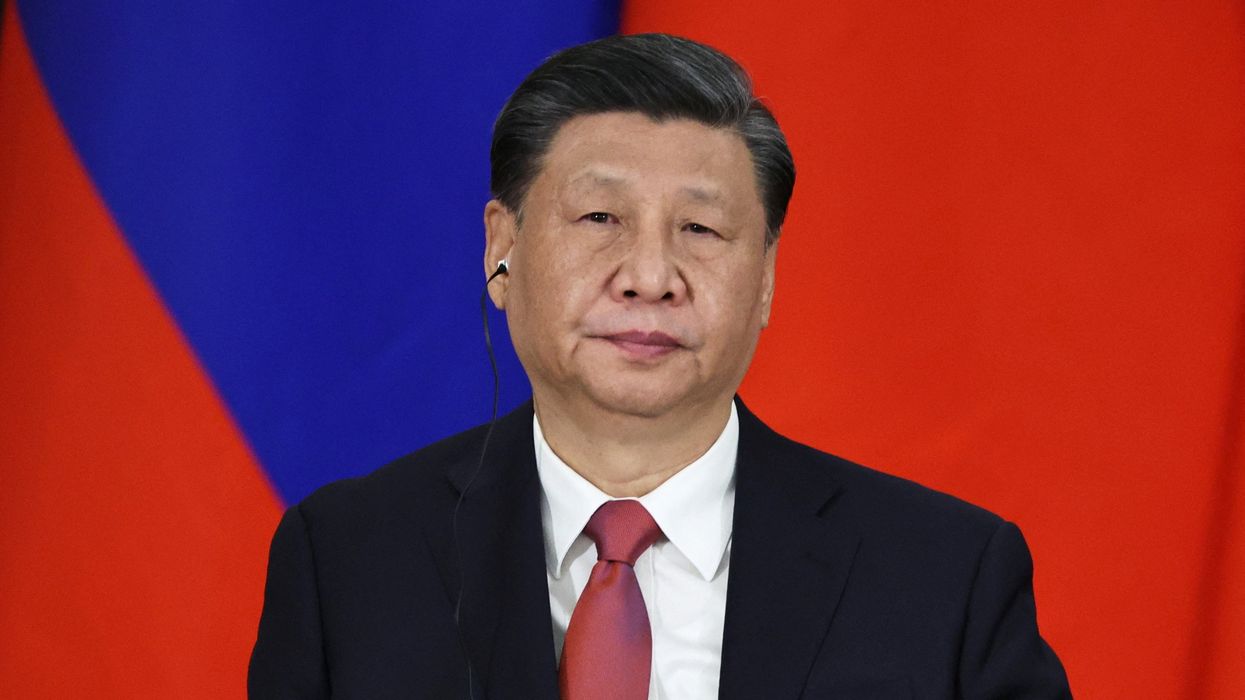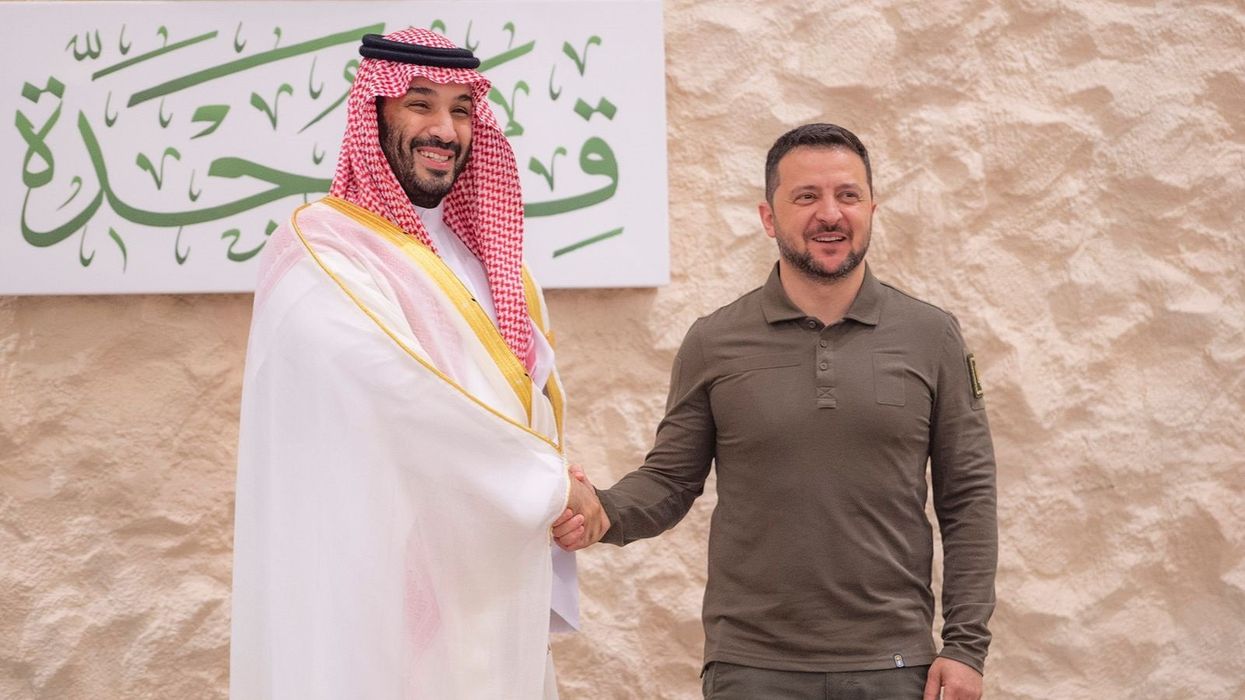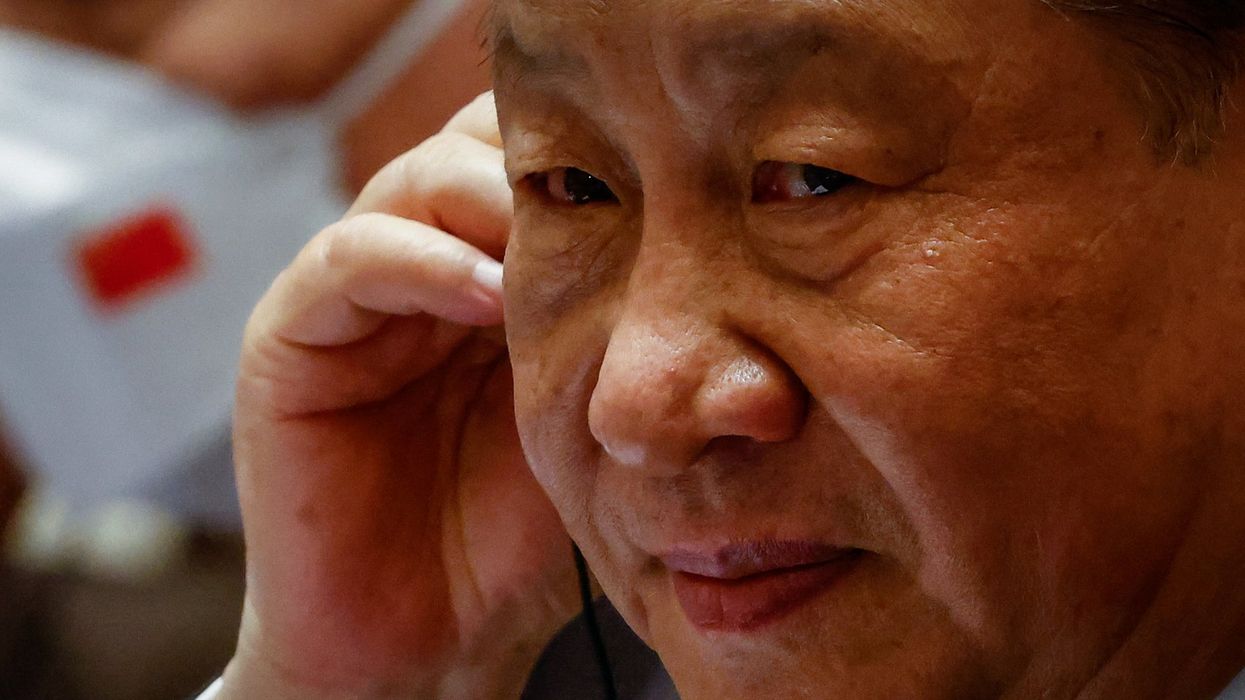Russia/Ukraine
China’s delicate dance on Ukraine
Over 18 months of war, President Xi Jinping’s pledge of “friendship without limits” with Russia has repeatedly been tested. China blames the West for Russia’s invasion and continues to buy Russia’s oil at discount prices, but it has also refused to endorse Russian claims on Ukrainian land and offers itself as a neutral player that wants peace.
Aug 08, 2023



